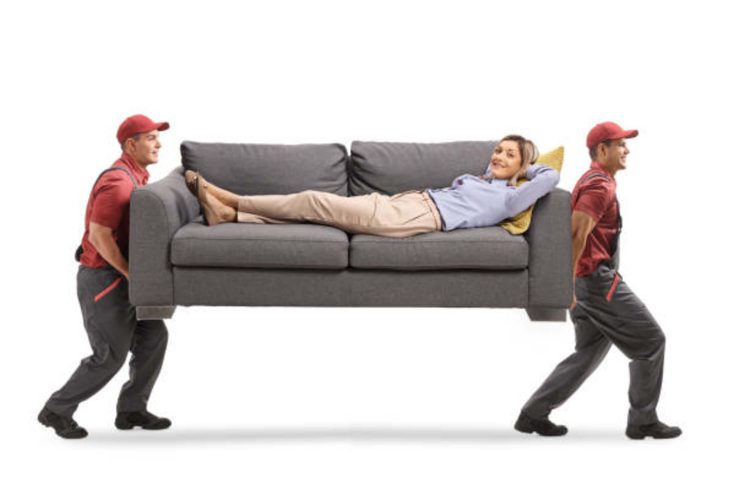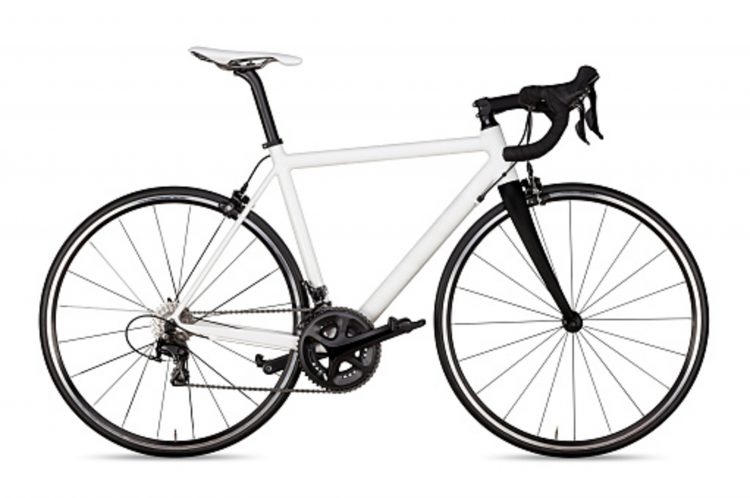Packing upholstered furniture can be a pain. It’s bulky, awkward to move, and expensive. Despite its size, upholstered furniture is often delicate and needs to be handled carefully to avoid tearing. While it’s not easy, prepping your furniture for moving and storage doesn’t have to be stressful.
Learn how to do it properly using these simple yet proven tips and tricks.
List All Your Furniture
The first step is to have a clear view of what the move entails. Start by making a list of every piece of furniture that you’re going to relocate. This will give you an idea of the number of packing materials to purchase. It also helps you figure out whether you’re going to have to secure boxes for small pieces of furniture or not.
Take Out the Measuring Tape
As you already know, furniture comes in all shapes and sizes. It’s best that you account for the obstacles that may block the path to getting them out. Write down the dimensions of each piece of furniture and compare them with your doorways, stairs, and corridors. If something doesn’t fit, you’ll either have to disassemble it or carry it in a position that works.
Gather the Right Supplies
Now that you’re done checking, it’s time to get hold of the packing supplies. First, you’ll need to purchase upholstery pads — these will be your best friends when it comes to protecting your furniture. Since they’re made with heavy-duty materials, you won’t have to worry about the dirt ruining the fabric or tearing that could occur during transit. In addition to that, you also need to buy some foam pads, bubble wrap, packing tape, and straps to secure your furniture in place.
Clean Your Stuff
This isn’t entirely necessary, but it’s an excellent practice, so your furniture arrives ready to be arranged. Plus, you should never underestimate how much dirt an upholstery can accumulate. That being said, you can use a combination of carpet shampoo and upholstery cleaner to clean your furniture. Try to brush the dust off the tight corners that the machine can’t reach.
Wrap The Furniture
You must be thinking, ‘but why?’ Furniture doesn’t break, right? While that is true, remember that you’re moving upholstered ones. One jolt during a bump on the road can end up with the fabric getting torn, or it might be exposed to external elements. Better be safe than sorry. Professional NYC movers at www.moversnyc.com suggest that you use bubble wrap to cover the furniture and make sure not to leave any gaps for air pockets. And to protect your upholstery even further, cover them in moving blankets, and secure them with tape or moving wrap.
Get Some Shrink Wrap
Alright. Before you do this, the steps above should be more than enough to help your furniture survive the move or storage conditions. You can totally skip this step if you want. However, if you’re moving a sentimental piece of furniture and need to preserve its integrity, then get several rolls of shrink wrap. This plastic doesn’t only secure your properties. It also prevents dust and dirt from building up on the layer of moving blanket you applied earlier.
Arrange Your Furniture Neatly Inside the Truck
This is the trickiest part since furniture can be of irregular shape. But here’s the good news: you don’t have to worry about tearing if you’ve done everything above correctly. All you need to do now is balance the weight of the truck. Start by putting in other types of large furniture like bed frames, desks, and cabinets. After that, put your couch in an upright position to save more space. Next comes the chairs, and finally your smaller pieces of furniture. Don’t forget to insert a few layers of foam pad in gaps to prevent damage.
Plan the Arrangement Inside the Storage
Stowing furniture requires a different strategy than loading them in a truck for moving. No worries, though. It’s pretty easy. If you have to arrange things in a truck according to weight, you’ll have to organize furniture according to importance inside a storage unit. It means to put the ones that you don’t plan on using for a long time to the farthest edge. Place the more essential things near the door, so you can easily pull them out when the time comes.
Unpacking Your Furniture
Unloading upholstered furniture is pretty straightforward. Unpacking is the real challenge here. Considering the layers of protection you applied earlier, you’ll have to be very careful when taking them out. It’s better if you use scissors instead of a cutter to remove the wraps and tape. A blade might slice through one of the paddings and damage the fabric.
And done! Congratulations on successfully packing your furniture! Just follow the steps above, and you should have nothing to worry about.










